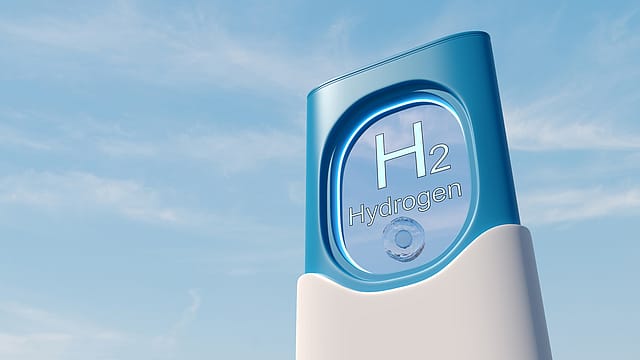Bosch sets 5 billion Euro sales target with hydrogen technology by 2030
ADVERTISEMENT

German auto supplier Bosch on Thursday announced a target of five billion Euro sales with hydrogen technology by 2030. According to the company, Bosch has invested 2.5 billion euros in hydrogen technology between 2021 and 2026. The company has employed more than 3,000 people for this. The company also plans to launch a hydrogen engine for heavy vehicles by 2024.
According to the company, the US-based Nikola Corporation will serve as the pilot customer with its Class 8 hydrogen fuel cell electric truck, which is scheduled to enter the North American market in Q3 of 2023. "Here in Stuttgart-Feuerbach (Germany), in the plant whose history goes back further than any other Bosch plant, the hydrogen future is about to happen," says Dr Stefan Hartung, the chairman of the board of management of Robert Bosch GmbH. He was speaking on the sidelines of Bosch Test Day 2023. The company’s Bamberg plant in Germany will supply the Feuerbach factory with the fuel-cell stack.
The company's Homburg plant in Germany will manufacture important system components such as the electric air compressor and the recirculation blower. "Bosch is one of the very few companies that are capable of mass-producing technology as complex as fuel-cell stacks. We don’t just have the required systems expertise, but also the capability of quickly scaling up new developments to mass production," says Markus Heyn, chairman, Bosch Mobility. Apart from Feuerbach, the production of the fuel-cell power model will take place in Chongqing, China. The component that the company requires will come from the Wuxi plant in China.
Bosch is also planning to manufacture stacks for mobile applications in its US plant in South Carolina. The company expects that globally, by 2030, one in five new trucks weighing six tons or more will feature a fuel-cell powertrain.
According to the company, Bosch has already started constructing prototypes for electrolysis using proton exchange membranes, which is the reverse of the energy conversion method used in mobile fuel cells. "Starting in the fall, the company intends to make 1.25-megawatt prototypes available for pilot applications and is on track to start volume production in 2025. Bosch is exploring several options for the use of hydrogen. Stationary solid-oxide fuel cells can be used for the distributed supply of power and heat," the company says.
Apart from the fuel-cell powertrain, Bosch is also working on the hydrogen engine, developing systems for both port and direct injection of hydrogen. The company says that this solution will be suitable for heavy vehicles on long hauls with especially heavy loads.
"A hydrogen engine can do everything a diesel engine does, but on top of that, it is carbon neutral. It also allows a fast and cost-effective entry into hydrogen-based mobility," says Heyn. The H2 engine is expected to be launched starting in 2024. Bosch has four orders for production projects from all the major economic regions, and expects six-figure unit volumes by 2030, according to the German auto component manufacturer.